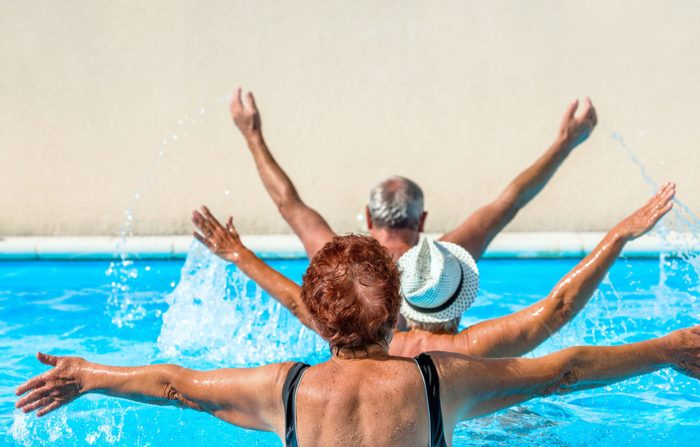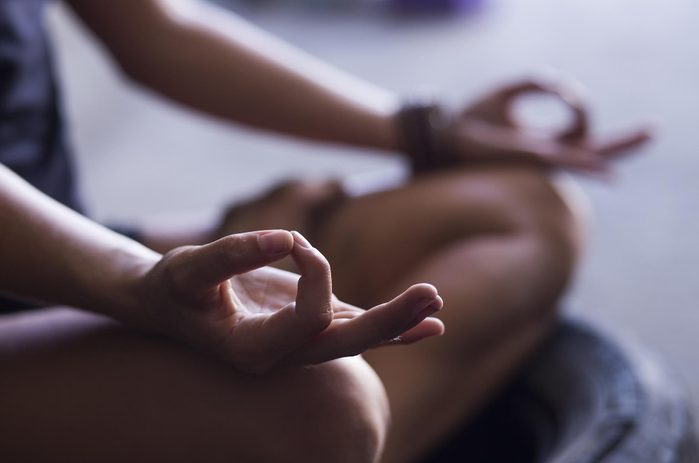
How To Be More Productive: Prioritize
After Ottawa resident Chris Bailey completed a degree in business, he dedicated a year to exploring productivity. He published The Productivity Project earlier this year and has since devoted himself to the subject full-time as a speaker and consultant. The key, Bailey insists, is establishing and achieving goals without wasting energy, focus or time. If you accomplish what you’ve set out to do, you’ve had a productive day.
In one test, Bailey alternated between devoting 90-hour and 20-hour weeks to his research to see how much a committed workaholic might actually get done. Though he felt far more productive during the longer stints, the logs he kept showed he’d accomplished only 10 to 20 per cent more. He filled the rest of his time with “busywork”-checking email, dawdling on projects, and so on. “Productivity doesn’t just involve spending more time on tasks,” he says. Rather, it requires us to focus on the right things and allocate our attention and energy wisely.
One of Bailey’s favourite discoveries is simple: the list of three. Instead of beginning his days with an epic (and growing) set of to-dos, he writes down the three main tasks he intends to accomplish-whatever is essential to stay on top of things. “The brain is wired to think in threes,” he says.
Edmonton-area psychologist Chad Bodnar agrees that prioritizing is key. “You’re going to have to evaluate what you can do, what you have control over and what’s urgent. Do you have the resources to solve something now, or do you need time to gather what you need? Can you delegate some tasks to other people?” He stresses that we thrive best when we reach out to our social networks for support, especially in challenging times.

How to Be More Productive: Tame Technology
According to Heather Menzies, technology is more than simply an annoying diversion. In her 2011 book, No Time: Stress and the Crisis of Modern Life, the Ottawa-based author and scholar says we end up feeling busier because we’re required to work at the speed of technology. Once we’re accustomed to that hectic clip, we easily develop compulsive behaviours, such as constantly checking email and text messages, revving up our brains to an unhealthy pace.
That knee-jerk need to be perpetually plugged in can be exacerbated when we have a lot going on, whether we’re anxiously scrambling to finish a project or bustling to coordinate plans with relatives. Some reliance on technology may be unavoidable, Menzies acknowledges, but she maintains that focusing on one thing at a time and turning off the phone or Internet when possible, can significantly decrease the sensation of frantic busyness.
But what about those of us who prefer some background noise while we’re doing something else? Researchers have been studying the effects of this sort of stimulation since the 1970s and their findings are mixed, depending on the type of music or broadcast you’re listening to, the kind of work you’re doing and even your personality type. A 1997 study out of University College London, for instance, found that pop music affected introverts’ cognitive performance more than that of extroverts. That said, the consensus is that, for just about everyone, silence is best if you want to be productive.

How to Be More Productive: Mind Your Body
In a 2011 survey of Canadian adults conducted by the Heart and Stroke Foundation, 44 per cent of respondents said they had no time for regular physical activity. But Scott Forbes, a professor of human kinetics at Okanagan College in Kelowna, B.C., says just five to 10 minutes-or a total of 150 minutes per week-of moderate exercise, such as walking or cycling, immediately lowers stress. For adults over 65, those 150 weekly minutes become especially vital. They’ll lower your resting heart rate, increasing your sense of vitality and making any day’s activities less daunting.
In a national survey of Canadian workers conducted between 2011 and 2013, University of Toronto sociology professor Scott Schieman found that only 37 per cent of respondents reported that they frequently woke up feeling refreshed. He identified feeling rushed and busy as the crux of the problem. We’re caught in a vicious cycle: the more we ruminate about all we need to get done, the more trouble we have sleeping-and the more tired we become, the less we can accomplish each day.
Though Schieman specifically followed workers, Forbes says older adults tend to struggle the most with falling and staying asleep, which is another reason to embrace fitness: if you get enough exercise, you’ll sleep better. According to a 2013 study by researchers at the Feinberg School of Medicine at Northwestern University in Illinois, even people with significant insomnia notice improvements with three or four 30-minute moderate exercise sessions per week. The effects are cumulative and can take four months to kick in, so don’t give up if your first workout fails to result in a sound sleep that very night.

How to Be More Productive: Exercise Your Mind
For Catherine Phillips of Edmonton, mindfulness is both a personal and professional passion: she credits her daily practice with enabling her to balance a career as a professor, psychiatrist, meditation instructor and consultant at the city’s Mindfulness Institute, all while raising two kids with her husband.
If you’re unfamiliar with the concept, mindfulness meditation involves “awakening” to the present moment, rather than remaining preoccupied with the past and future. In his 1990 book, Full Catastrophe Living, professor and author Jon Kabat-Zinn provides an accessible introduction to the philosophy and science behind the practice. While his focus is specifically chronic pain, he also provides practical instructions for anyone experiencing stress, detailing a daily practice that includes sitting, walking, breathing and yoga.
Spending just 15 or more minutes meditating each day, Phillips says, can have positive results. She cites several benefits that are tailored to managing a busy schedule: better sleep, feeling less stressed and being conscious of unhelpful cognitive and behavioural patterns. Some people rely on smartphone apps, such as Headspace, that lead users through short daily routines that can include breathing techniques and learning to bring awareness to our bodies and minds.
Phillips uses the following metaphor to describe the effects of meditation: “If you put a teaspoon of salt in a cup of water, the water takes on the taste of the salt.” In an expanded volume of water-say, the size of a lake-that same teaspoon of salt will disperse and become diluted. “Awareness and its contents are like this,” she says. With practise, it becomes easier to access our inner sense of stillness. From there, we can assess the urgency of life’s demands and calmly prioritize.

How to Be More Productive: Stay Busy
Edmontonian Barbara Dacks worked as a freelance journalist for 20 years while raising her two sons. In 1996, at the age of 50, she founded the magazine Legacy and spent up to 60 hours a week running the publication until she retired in 2011. “I’d worked since I was 14 years old,” she says. “I was doubtful that not working would take easily.”
Her concern was warranted. Both a report published by the U.K.-based journal Economic Affairs in 2013 and a 2005 study by an associate professor of economics at Bentley University in Massachusetts found that physical and psychological health often decline shortly after retirement. “We’re designed to keep busy,” Bodnar says; retirees get depressed, anxious and sick when they don’t know what to do next. Some tend to withdraw from social and work life, which makes matters worse.
In 2010, researchers from the University of Chicago’s Booth School of Business and Shanghai Jiaotong University’s Antai School of Management found that busy people do indeed rate themselves happier than idle ones do, as long as they believe that what they’re doing is meaningful. Many people dread boredom more than excessive activity.
For Dacks, the solution was seeking out novel challenges. To ease her transition, she took up the saxophone and learned how to knit. When she practised her instrument and crafted hats and scarves for her grandchildren, she felt completely absorbed. “You’re not thinking, ‘What am I going to do with myself?’ You’re too busy learning something new,” she says. Since then, she’s also taken on volunteer work that allows her to find a new use for the interviewing skills she acquired over the course of her long journalism career by reaching out to parents on behalf of an early childhood-development initiative.
Dacks’s newly full schedule is a boon-but as Christopher Hsee, one of the authors of the idleness study, emphasizes, “To maximize overall well-being, one needs to strike a balance between leisure and work.” The key, says Bodnar, is “finding your comfort level,” which can be different for everyone. Retirement can let you figure out the sweet spot between leisure and stimulating activities.
One of the biggest-and most deeply satisfying-shifts in Dacks’s new lifestyle as a retiree is that she no longer passes 5 p.m. “chained to the computer for a deadline.” Though she never enjoyed working overtime, she forced herself to keep up that pace for years. Now, she says, “I can pour a glass of wine and read a novel without any guilt. What’s better than that?”